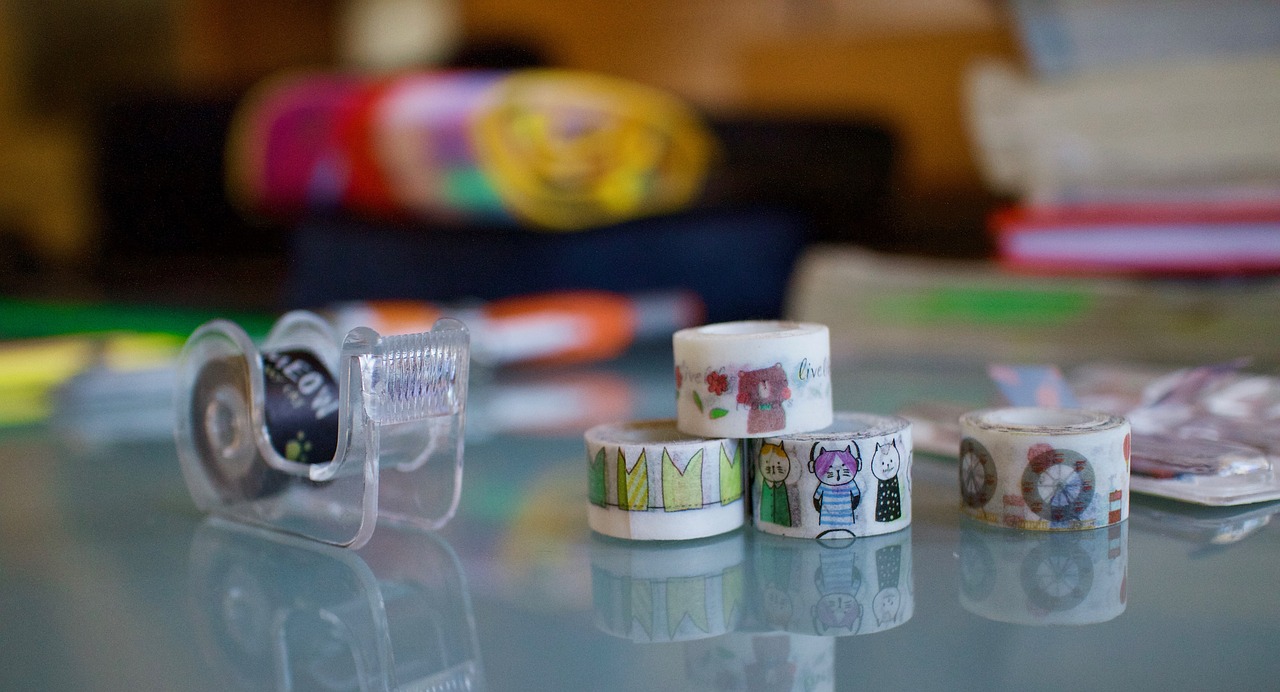In today’s rapidly evolving manufacturing landscape, the adhesives formulator plays a pivotal role in developing high-performance bonding solutions tailored to specific industry needs. From aerospace to electronics, the need for custom adhesives continues to grow, driven by innovation in materials and performance demands.
Who is an Adhesives Formulator?
An adhesives formulator is a materials scientist or chemist specializing in the design, development, and testing of adhesive systems. These professionals use their deep understanding of polymer chemistry, theology, and application-specific requirements to create products that offer optimal bonding strength, durability, and environmental resistance.
Key Responsibilities:
-
Designing custom adhesive formulations for specific substrates and environmental conditions
-
Testing adhesive properties such as viscosity, tack, peel strength, and cure time
-
Collaborating with R&D, manufacturing, and quality assurance teams
-
Staying compliant with regulatory standards and safety requirements
-
Iterating formulations based on performance feedback and customer specifications
Applications Across Industries:
-
Automotive: crash-resistant structural adhesives
-
Electronics: thermally conductive adhesives for heat dissipation
-
Medical: bio compatible adhesives for wearable devices
-
Packaging: food-safe, pressure-sensitive adhesives
The Science Behind Adhesive Formulation
-
Selecting base polymers (e.g., epoxies, acrylics, polyurethanes)
-
Modifying formulations with tacklers, fillers, and curing agents
-
Optimizing application methods such as hot melt, solvent-based, or UV-cured systems
-
Balancing performance vs. cost-effectiveness while maintaining product safety and environmental compliance
Why This Reprint Matters
This reprint is a timely revisit of the evolving role of the adhesives formulator, especially in the wake of growing demand for Eco-friendly and high-performance adhesives. It underscores the importance of continuous learning, innovation, and interdisciplinary collaboration in formulation science.
Trends Shaping the Future of Adhesive Formulation
-
Green chemistry: Use of bio-based, solvent-free adhesives
-
Smart adhesives: Responsive to heat, moisture, or pressure
-
Miniaturization: Micro-adhesives for electronics and medical devices
-
Automation compatibility: Adhesives suited for robotic and precision dispensing
Conclusion
Adhesives formulators are the unsung heroes behind countless products we use every day. As materials and manufacturing methods advance, so too does the need for more specialized and high-performing adhesives. The reprint of this vital role serves as a valuable resource for both newcomers and seasoned professionals in the adhesives industry.
For more info please visit this link : http://bit.ly/140xOma






